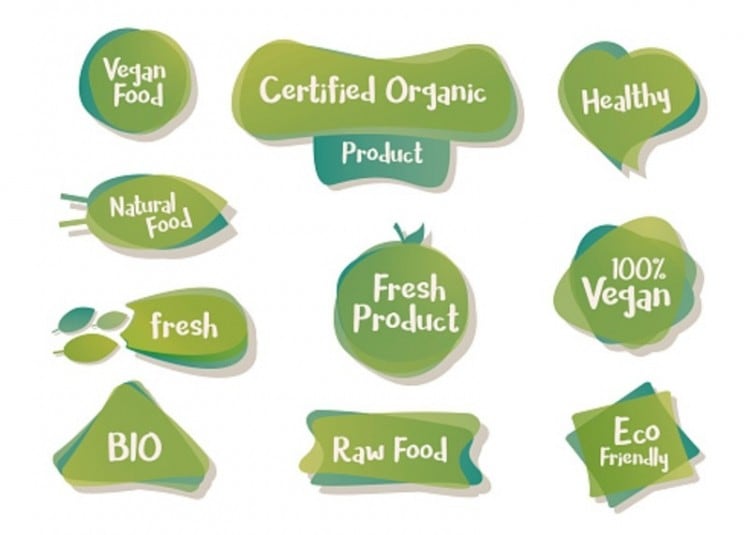For domestic and international food brands, the consultation underscored India’s move toward clearer rules and stricter enforcement, especially on health claims.
According to an FSSAI press note, the consultation resulted in recommendations for strengthening consumer protection and aligning with global standards, although no new binding measures were announced at this point.
The strong messaging across ministries, however, suggests India’s food industry should expect closer scrutiny of claims and labelling practices going forward.
Validating food and nutrition claims
A key theme that emerged was the handling of health and nutrition claims – a critical issue for functional food and nutraceutical players.
Sanjeev Sanyal, Member of the Economic Advisory Council to the Prime Minister, argued that claims should not be taken at face value even if they are backed by research.
“The issue of claims in advertisements also needs deeper scrutiny because even if there is supposedly scientific evidence supporting them, it needs to be validated externally,” he said.
This emphasis suggests – though not yet formally codified – that greater third-party verification of product claims could be on the horizon.
While much of the consultation focused on accountability, Sanyal also noted efforts to reduce regulatory uncertainty.
Regulatory certainty alongside scrutiny
Sanyal pointed to FSSAI’s recent move to implement all labelling changes once annually on July 1, a step he described as a “major” relief for industry.
FoodNavigator-Asia previously reported on the July 1 transition policy, which was introduced to give food manufacturers a clear compliance calendar and avoid fragmented rule changes.
In alignment with global standards, the FSSAI has also rolled out new labelling requirements and launched a digital platform for consumers to report misleading food claims, reinforcing its commitment to transparency and informed choice.
This focus spotlights the ministers’ call for accountability as they pushed for ethical and truthful practices in labelling and advertising in the food sector.
Multi-ministry push on accountability
Speakers from across the Indian government emphasised that truthful and transparent labelling must take precedence over marketing tactics.
“Food labelling should not just be a marketing tool, but it should also be treated as the most essential factor of trust between a manufacturer and a consumer,” said Nidhi Khare, Secretary of the Department of Consumer Affairs.
“We want truthful and honest declaration of whatever is contained in the food product, and the consumer should be left to make the final choice.”
Union Health Ministry officials also underlined the role of consultations in shaping ethical practices.
“Things are changing rapidly today. We are now exposed to the entire world, which means we must adopt many positive changes and best practices, while also scrutinising food products more closely,” said Punya Salila Srivastava, Secretary for Ministry of Health and Family Welfare.
The Ministry of Information and Broadcasting also warned of the consequences of misleading promotions.
“There is an increasing need to ensure advertisements are ethical, truthful, and not misleading, particularly in the context of health and nutrition claims,” said Additional Secretary Prabhat.
“False claims in this sector not only undermine consumer trust but also pose serious public health risks.”
Towards global alignment
The New Delhi meeting included a technical session that highlighted comparisons between India’s framework and global norms, alongside FSSAI enforcement case studies.
These developments show India is moving to modernise its labelling regime while pushing industry to adopt global best practices.
The meeting convened more than 700 participants – from ministries and state regulators to food businesses, academics, and consumer groups – to assess current rules on food labelling, advertising, and claims.
Officials stressed that while India has modernised parts of its regulatory framework, further work is needed to build consumer trust and address public health risks posed by misleading information.





